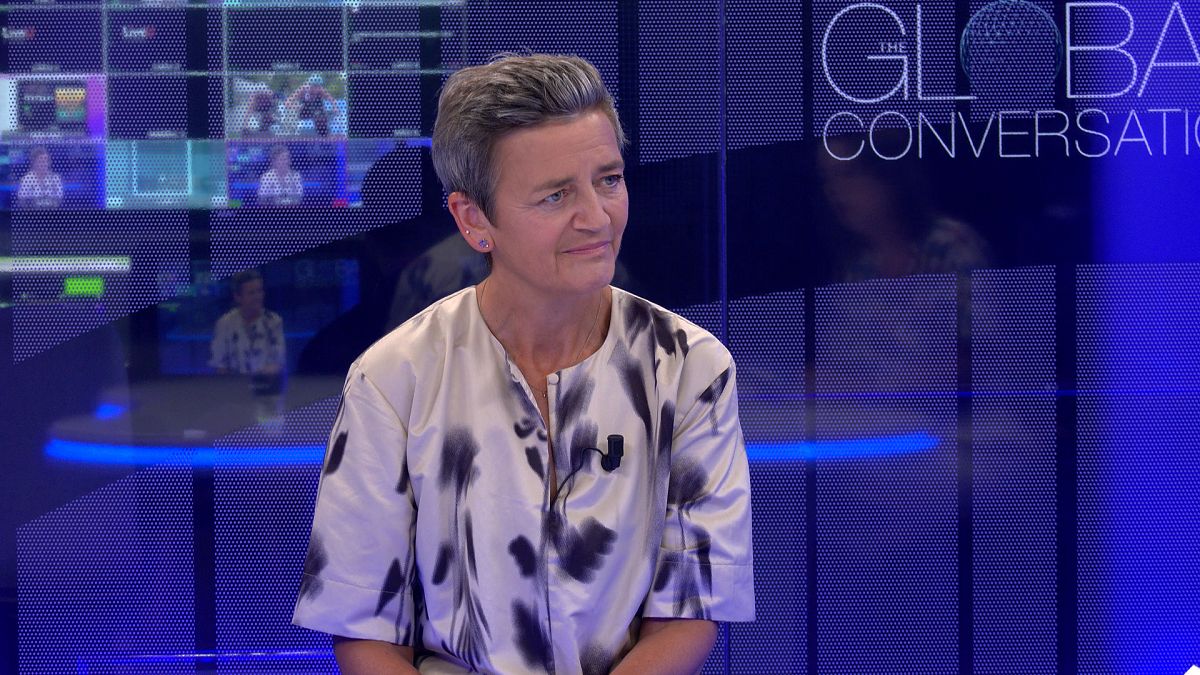Italy’s offshore detention centers in Albania open for business
Rights watchdogs have raised strong concerns about the centers, with one lawyer describing them as “an Italian Guantanamo.”
ROME — Italy’s contentious migrant detention centers in Albania are now ready and operational, the Italian ambassador to Tirana said Friday, after months of delays and logistical setbacks.
Under the 2023 deal, Tirana agreed that Italy could send up to 36,000 male migrants who have been stopped in international waters each year to two asylum-processing centers in northern Albania.
Rights groups and opposition politicians have called the deal “dehumanizing” and “illegal,” warning that diverting migrants to an extra-territorial location, run by private contractors, will obscure them from scrutiny, weakening oversight of conditions and increasing the violations of basic rights.
Federica Borlizzi, a lawyer with CILD, the Italian coalition for Freedom and Civil Rights, called the centers “an Italian Guantanamo,” a reference to the notorious United States detention camp in Cuba, in which terror suspects were imprisoned without trial and tortured.
Since rising to power on an anti-immigration platform in 2022, Italian Prime Minister Giorgia Meloni has spearheaded European Union deals with African countries to block migrant boat departures and introduced stringent rules for those arriving in Italy illegally, including automatic detention.
Rome says the deal aims to relieve pressure on Italian centers and dissuade migrants from setting off. Meloni has called the deal “a new, courageous and unprecedented path” which could be replicated with other non-EU countries. Fifteen other EU countries have written to the European Commission to request it look at possible models for similar schemes.
Under the new scheme, migrants sent to Albania will have their asylum claims fast-tracked, and are to be deported if unsuccessful.
The ambassador did not say when he expected the first migrants to arrive.
Out of sight
Critics, however, have argued that the deal is expensive and pointless. Rights groups say that it violates European and Italian law, as well as United Nations migration guidelines which require those rescued at sea to be taken to the nearest safe port.
Migrants sent to Albania will effectively be denied the right to legal assistance, Anna Brambilla of ASGI, a non profit that advocates for migrants’ rights, told POLITICO.
“It’s hard enough for migrants to access a lawyer in Italy,” she said.
The government’s accelerated asylum procedures are also problematic “because you cannot be evaluated properly in a short time, and vulnerabilities do not emerge immediately,” Brambilla said.

A central issue for rights groups is the selection of migrants to be diverted to Albania. While the government claims that all vulnerable people, women and children will be brought to Italy, the identification of trafficking or torture victims or unaccompanied children could not be guaranteed on a boat, Brambilla said.
CILD has been a staunch critic of Italy’s existing migrant detention centers, documenting overcrowding, degrading conditions of sanitation and food, and scant medical and psychological care.
Borlizzi told POLITICO that locating detention and asylum processing centers in Albania would reduce opportunities for oversight, creating “fertile ground to continue violating the rights of the detained, particularly the conditions of their detention.”
“We have seen eight people forced to sleep in a cell of 20 square meters. Imagine what will happen in a foreign land far from any type of monitoring,” Borlizzi said. Private contractors have an incentive to increase overcrowding to increase profits, she added.
Italy’s Green and Left Alliance, which is currently in the opposition, has termed the centers “concentration camps.”
MP Angelo Bonelli, the group’s leader, told POLITICO the camps will resolve nothing and are merely “a marketing operation,” adding that the camps’ maximum capacity — 3,000 a month — “is nothing compared to the scale of the emergency.”
“The government wants people to think the immigration emergency has been resolved but migration depends on external factors — wars and climate change,” he said.
What's Your Reaction?


















































